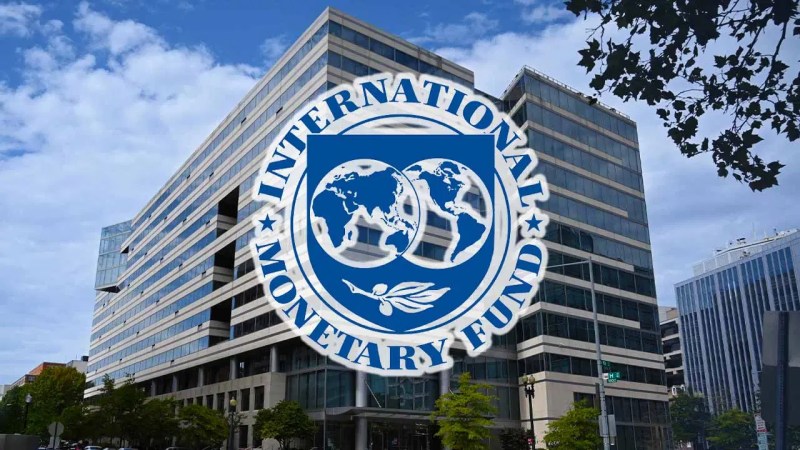Why Nigerians Pay More for Air Travel Than Many Africans

Story: written by Joseph October 29,2025
Nigerian air travellers continue to face some of the highest ticket prices on the continent, weighed down by a long list of taxes, charges, and statutory fees imposed on airlines and passengers alike. As the aviation industry slowly recovers from the COVID-19 downturn, the government has leaned heavily on aviation levies to boost revenue — a strategy that has pushed ticket prices even higher.
Beginning December 1, 2025, passengers flying into or out of Nigeria will pay an additional $11.50 per ticket, according to a new directive from the Nigerian Civil Aviation Authority (NCAA). This new fee is separate from the $20 security charge introduced in 2010 and other existing levies collected by agencies such as the Federal Airports Authority of Nigeria (FAAN).
The latest charge funds the Advance Passenger Information System (APIS), designed to create a unified platform for data collection and border control. The NCAA says APIS will enhance security monitoring and streamline passenger processing at airports. Airlines will collect the fee at the point of ticket purchase and remit it directly to the regulator — and the charge is expected to remain for the next 20 years.
However, industry players argue that Nigerian carriers are already struggling under a heavy regulatory burden. Alongside structural weaknesses such as poor corporate governance, costly aircraft leasing, and inadequate access to capital, airlines must pay numerous additional fees for every flight — including navigation, parking, landing, licensing, insurance, and certification-related expenses.
According to the African Airlines Association (AFRAA), Nigeria ranks as the third most expensive African nation for ticket taxes, with passengers paying an average of $180 per ticket — only Gabon and Sierra Leone charge more. These fees currently account for nearly one-third of domestic airlines’ total revenue, far exceeding global tax averages. Meanwhile, profit margins for airlines worldwide typically hover between just 1.5% and 2.5%.
Roland Iyayi, former Managing Director of the Nigerian Airspace Management Agency and CEO of Top Brass Aviation, says the argument that passengers shoulder the taxes ignores the broader damage being done to airline viability:
“When ticket prices rise, demand falls. Empty seats mean losses, and aviation seats cannot be stored. Government policies are squeezing the life out of fixed-wing operators — and now even helicopter services are being pushed toward collapse.”
A 2024 AFRAA study shows that African passengers encounter an average of 3.5 different taxes for international flights — costing about $68 per ticket. In sharp contrast, Nigeria’s total levy burden is nearly three times that.
Countries with the lowest charges include Libya, Malawi, and Algeria, while others such as Morocco, Botswana, and South Africa — despite having far busier airports — still levy significantly less than Nigeria.
Breaking down the charges further, former Green Africa executive Obiukwu Mbanuzuo explains that airlines must pay:
- A percentage of every ticket sale to FAAN as a passenger service fee
- 5% of ticket revenue to the NCAA
- ₦2.50 per litre of aviation fuel to FAAN (paid via fuel marketers)
- Landing fees tied to aircraft weight
- ₦20,000–₦25,000 per flight to NAMA for terminal and en-route navigation
- Additional airport fees for counter rentals and ground handling
These costs stack up — and ultimately trickle down to passengers, making Nigerian air travel one of the least affordable in the region.






